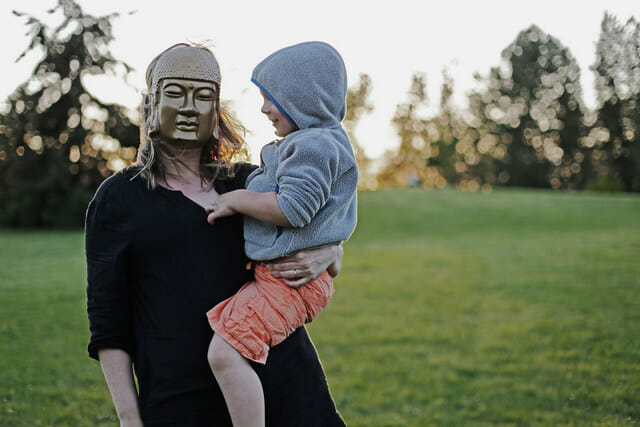Shared parenting in Ohio refers to when both parents are assigned childcare responsibilities in cases of divorce or legal separation. Most states call it joint custody, but that phrase was erased in Ohio State and replaced with shared parenting.
The main priority of shared parenting is to focus on the best interests of the children, so most parenting plans base all their guidelines on the children’s needs.
Research shows that when both parents are directly involved in the upbringing of their children, it is easier to make major decisions and informed choices for them.
Shared Parenting Plans in Ohio
Getting shared parenting in Ohio is pretty easy. First, the parents draft a plan that works for both of them. It has to address all sensitive issues regarding the children and outline how the parents intend to provide child support. Once the parents agree on a plan, they will need to sign the plan and proceed to court to make it official.
Also, read on this website
In cases where the parents disagree on some issues, they will need to attend mediation sessions so that they can come up with an agreeable plan. If that fails, the court then steps in to assign a plan with which both parents have to comply.
Shared Parenting Schedules
The most common parenting schedules in Ohio are as follows:
- 2-2-5-5 schedule. The children spend the first two days of the week with one parent and the next two with the other parent. Then they spend the next five days with the first parent and return to the second parent for the following five days.
- 2-2-3 schedule. The children spend two days with the first parent, two days with the second parent, and three days back with the first parent. The schedule then switches: The children spend two days with the second parent, two days with the first parent, and three days with the second parent.
- 3-4-4-3 schedule. The children spend three days with one parent, four days with the second parent, four days back with the first parent, then three days with the second parent.
- Two-week schedule. The children spend two weeks with one parent and the next two weeks with the other parent, and then the cycle repeats itself.
- Weekly schedule. The children spend one week with the first parent and the following week with the second parent. The parents continue to alternate each week.
- Two-day schedule. The children switch between both parents every two days.
Experts believe that shared parenting is the best way for families to carry on with their normal lives after the parents’ divorce or separation in order to minimize the effects of the divorce on the children, especially if the parents have conflicts to resolve.
References
- DiFonzo, J. Herbie. “From the Rule of One to Shared Parenting: Custody Presumptions in Law and Policy.” Family Court Review 52, no. 2 (2014): 213–239. Retrieved from https://doi.org/10.1111/fcre.12086
- Beld, Jo Michelle, and Len Biernat. “Federal Intent for State Child Support Guidelines: Income Shares, Cost Shares, and the Realities of Shared Parenting.” Family Law Quarterly 37, no. 2 (2003): 165–202. Retrieved from https://www.jstor.org/stable/25740417













